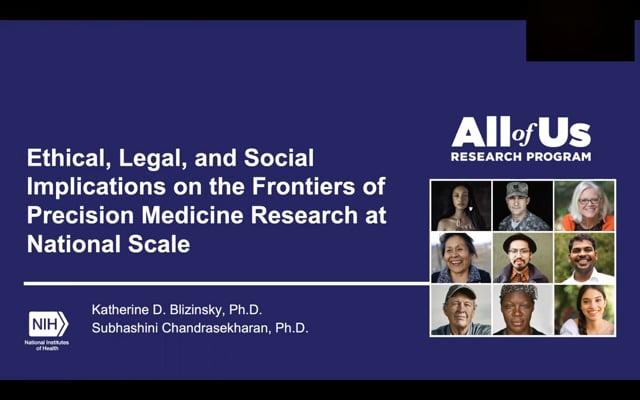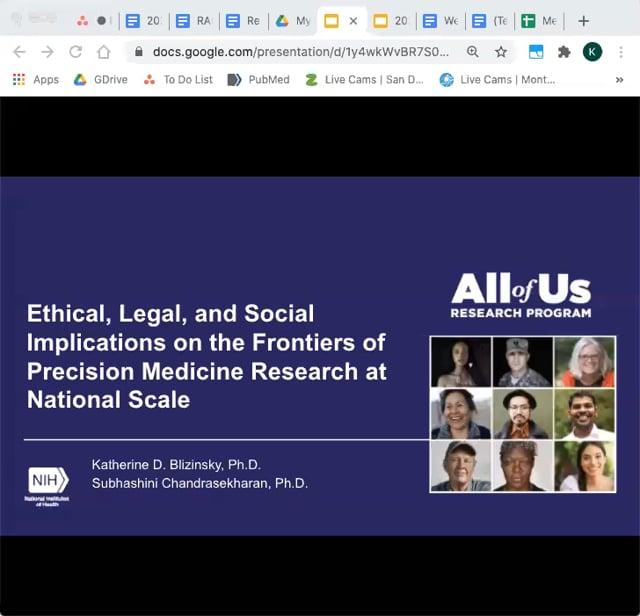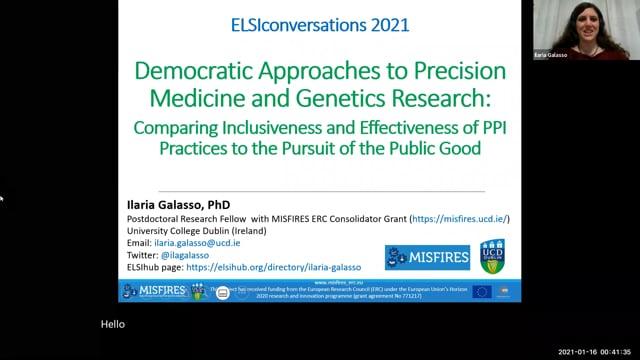Platform Heals? Ethical Issues in Direct-to-consumer Telepharmacies
Ben Wills - The Hastings Center
ELSIconversations - February 26, 2021
Healthcare is in the middle of a dramatic revolution. Hims, Hers, Roman, Nurx, LemonAid, and The Pill Club are start-ups seeking to “disrupt” conventional pathways to healthcare by replacing both in-person appointments and trips to the pharmacy with telemedicine visits and integrated mail-order pharmacies under one brand. By tackling the morass of state and national regulations concerning telemedicine and pharmacies, they make seeing a provider and getting medication something that can be done from the couch. What could be wrong with streamlined, lower-cost access to medical care? As it turns out, plenty. Ease of access comes with costs: many companies don’t take insurance, for example, “smart” medical history forms often don’t handle patients well, little opportunity is made to foster a provider-patient relationship, and wellness products of dubious benefit are sold alongside established medications. At a more abstract level, some company marketing practices seem to medicalize natural variation. This paper articulates ethical implications of a business model that lies at the intersection of platform-based e-commerce, wellness, and telemedicine. Despite superficial similarities between reproductive telemedicine companies, this analysis shows that the specificities of marketing, decisions about which products and medications to sell, and company structure – aspects which are still in flux as this industry learns and identifies best practices – critically impact the possibility of providing ethical, quality tele-healthcare.
Tags
Videos in Series
-
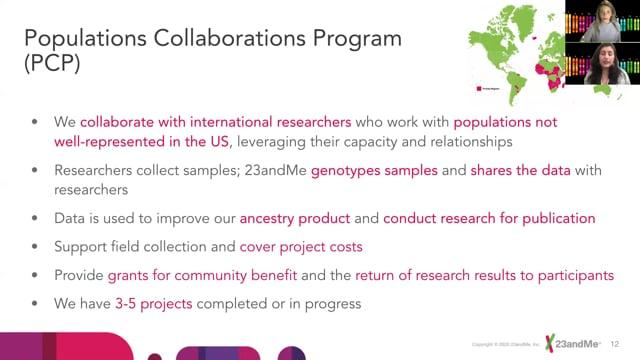
ELSIconversations 1: ELSIcon2020 - A Prospectus on Ethical Issues in the Context of Collaborations Between Academic and Non-academic Institutions on Genetics Research
-
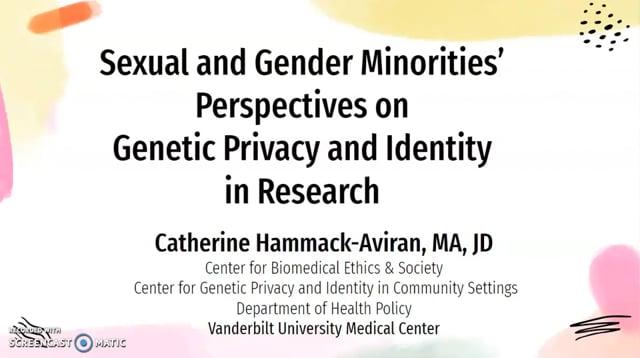
ELSIconversations 1: ELSIcon2020 - Sexual and Gender Minorities’ Perspectives on Genetic Privacy and Identity in Research
-
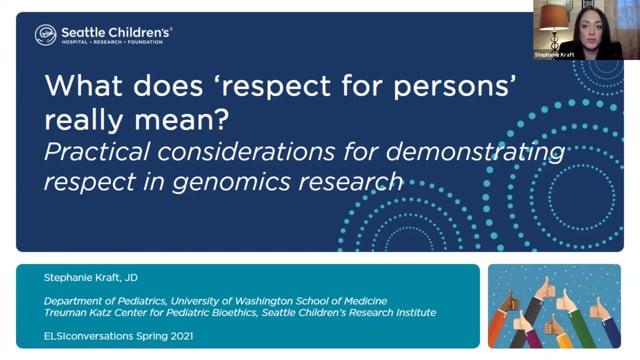
ELSIconversations 1: ELSIcon2020 - What does ‘respect for persons’ really mean? Practical considerations for demonstrating respect in genomics research
-
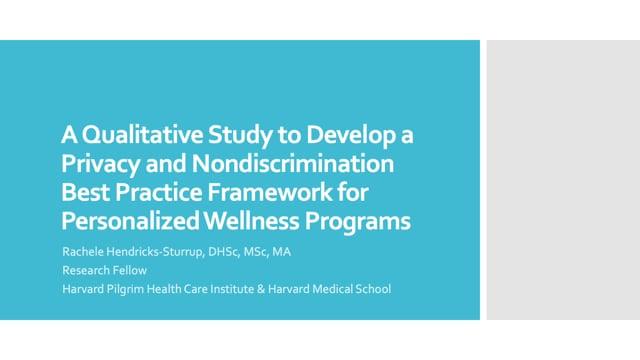
ELSIconversations 1: ELSIcon2020 - A Qualitative Study to Develop a Privacy and Nondiscrimination Best Practice Framework for Personalized Wellness Programs
-
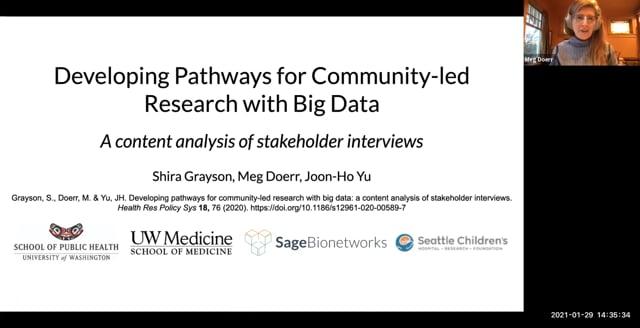
ELSIconversations 1: ELSIcon2020 - Developing Pathways for Community-led Research with Big Data: A Content Analysis of Stakeholder Interviews
-
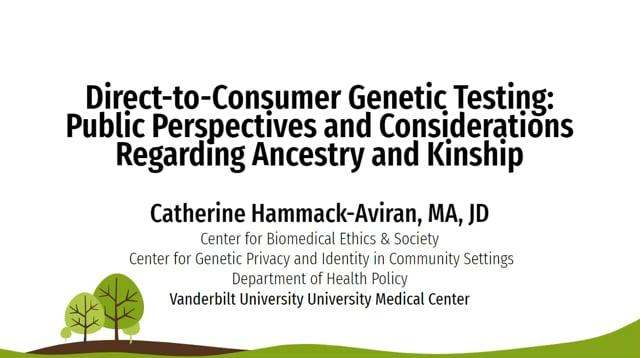
ELSIconversations 1: ELSIcon2020 - Direct-to-Consumer Genetic Testing: Public Perspectives and Considerations Regarding Ancestry and Kinship
-
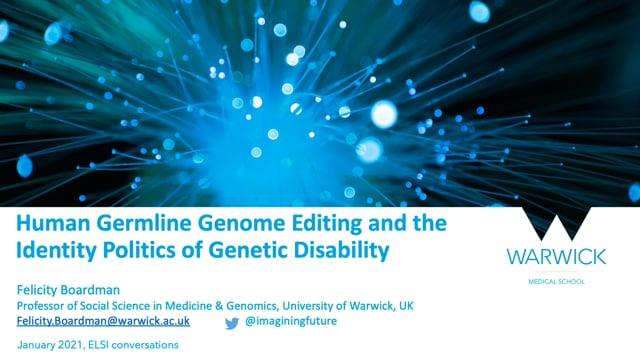
ELSIconversations 1: ELSIcon2020 - Human Germline Genome Editing and the Identity Politics of Genetic Disability
-
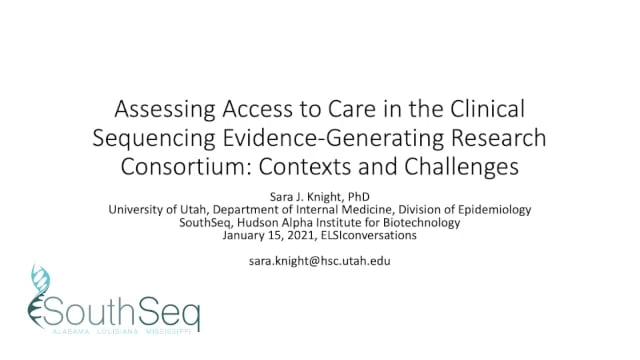
ELSIconversations 1: ELSIcon2020 - Part 4. Assessing Access to Care in the Clinical Sequencing Evidence-Generating Research Consortium: Contexts and Challenges
-
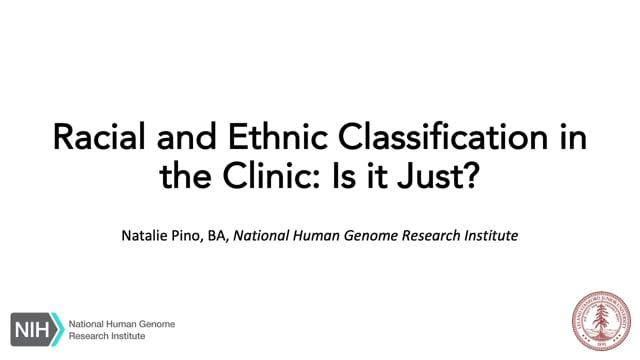
ELSIconversations 1: ELSIcon2020 - Racial and Ethnic Classification in the Clinic: Is it Just?
-
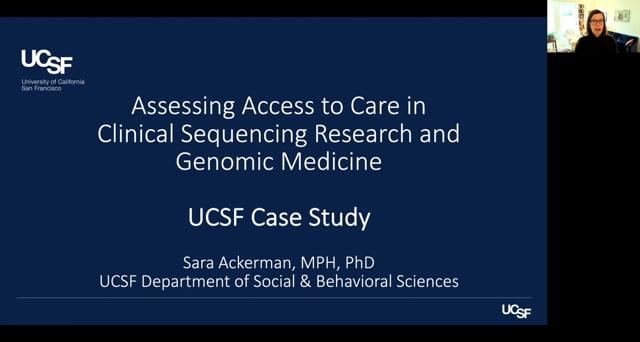
ELSIconversations 1: ELSIcon2020 - Part 3. Assessing Access to Care in the Clinical Sequencing Evidence-Generating Research Consortium: Contexts and Challenges
-
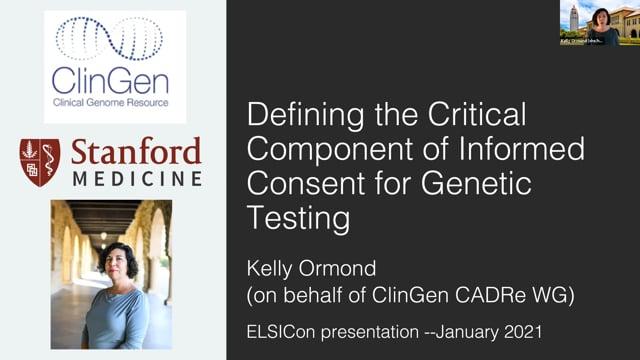
ELSIconversations 1: ELSIcon2020 - Defining the Critical Components of Informed Consent for Genetic Testing
-
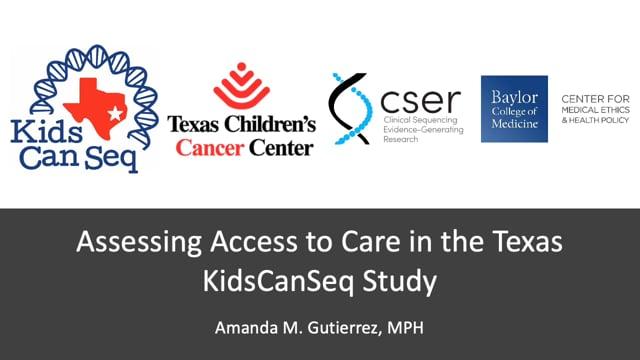
ELSIconversations 1: ELSIcon2020 - Part 2. Assessing Access to Care in the Clinical Sequencing Evidence-Generating Research Consortium: Contexts and Challenges
-
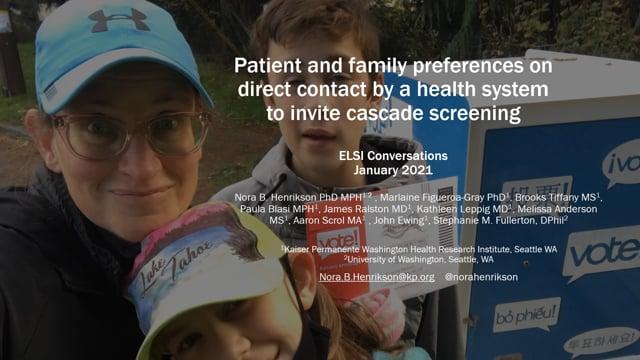
ELSIconversations 1: ELSIcon2020 - Patient and family preferences on direct contact by a health system to invite cascade screening
-
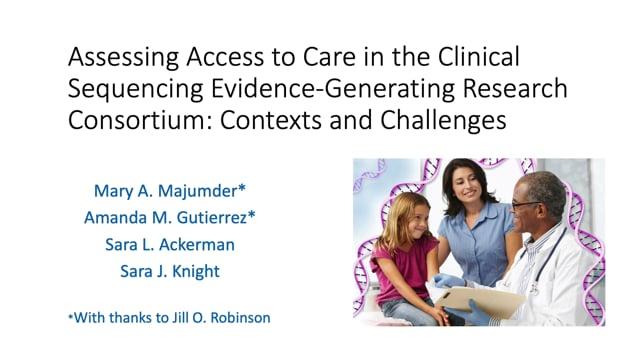
ELSIconversations 1: ELSIcon2020 - Part 1. Assessing Access to Care in the Clinical Sequencing Evidence-Generating Research Consortium: Contexts and Challenges
-

ELSIconversations 1: ELSIcon2020 - Which Public, What Comments? An Analysis of Public Comments on Human-Animal Chimera Research Submitted to the National Institutes of Health
-
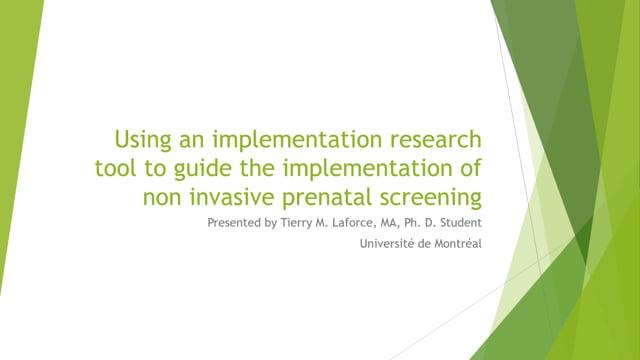
ELSIconversations 1: ELSIcon2020 - Using an implementation research tool to guide the implementation of non-invasive prenatal screening

